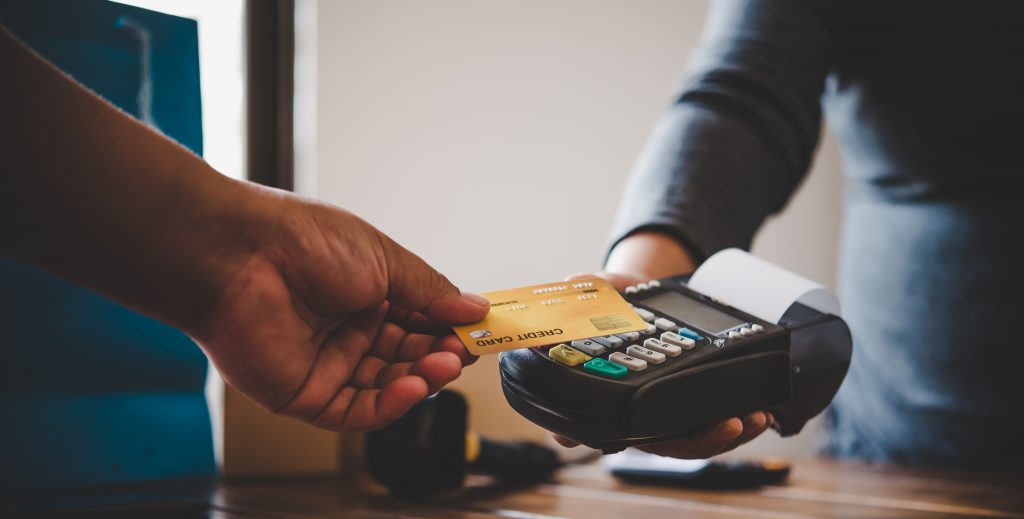An unusual situation is arising in Illinois, where the state legislature has passed a budget bill prohibiting swipe fees on sales taxes, state excise taxes, and gratuities.
In response, the Illinois Retail Merchants Association has agreed to cap the credit retailers receive for collecting and remitting sales taxes in exchange for limiting the fees financial institutions can charge on the sales tax of transactions, as noted by The Center Square.
The upshot is that merchants trying to avoid paying interchange fees on sales taxes may end up asking customers to swipe twice for each purchase. The law could also create havoc for payments processors handling transactions within the state.
This is the first time any state has passed such a provision, although it still has to be signed into law. As of last year, at least nine states had considered similar legislation, according to the National Restaurant Association.
An Overhaul for Processors
The logic behind the law is clear, but the practicality is up in the air. Consumers will find it confusing to swipe their card twice for the same purchase, and many will undoubtedly miss that second swipe.
But it may also require a rethinking of how these payments are processed. During a Senate committee meeting on the measure, Ashly Sharp of the Illinois Credit Union League pointed out that the measure is asking processors to basically work for free.
“Why would card networks continue to process transactions in which they’re prohibited from charging fees,” Sharp said. “Card processing has evolved into a quick and painless process, but in no situation is it ever completely free.”
Governor Pritzker, who indicated he will sign the bill, remarked that the state is aiming to adjust the compensation retailers receive during a time where much of the process involves simply “pushing a button on a computer to get a result.”
Unintended Consequences
Industry analysts have expressed concerns that the changeover might not benefit merchants either.
“If we assume that this bill becomes law, processors who service merchants in Illinois will need to modify their clearing platforms to support this new process,” said Don Apgar, Director of Merchant Payments at Javelin Strategy & Research. “It is likely that processors will in turn raise prices on merchants—not just processors, but software companies that provide POS systems for retailers and restaurants must now create separate tax-only transactions and reconcile them as part of the day’s receipts.
“Fees that POS providers charge will increase to cover the development needed to comply,” he said. “Tips for servers will decrease since total check amounts will be lower without the tax added in. Merchants will likely end up paying more in card fees overall than they did before the law was enacted. It’s even possible that some processors may choose to not make the investment to support this law and terminate merchants in Illinois.”
